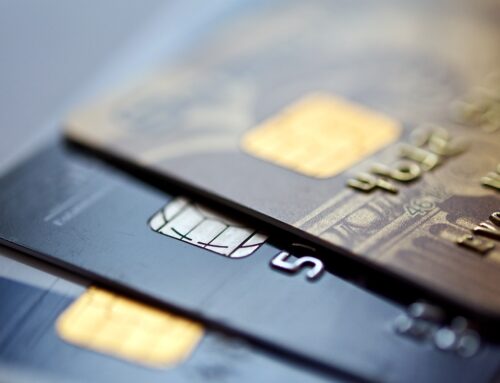Is It Bad To Have No Credit Score?
It’s a common question: Is it bad to have no credit score? The short answer is: it depends.
There are pros and cons to having no credit score. On the one hand, you don’t have to worry about your credit history being a factor in whether or not you’re approved for loans or lines of credit.
On the other hand, you may have a more difficult time getting approved for loans or lines of credit because lenders may perceive you as a higher risk.
If you’re trying to decide whether or not it’s worth it to try to build up a credit score, weigh the pros and cons carefully. Consider your financial goals and needs, and make a decision that’s right for you.
The Pros Of Having No Credit Score
1. You don’t have to worry about your credit history.
If you have no credit score, then your credit history can’t be used against you. This is especially helpful if you have a low credit score or bad credit because it means that lenders can’t use your past mistakes against you when you’re trying to get approved for new loans or lines of credit.
2. You’re not as much of a target for identity theft.
If you don’t have a credit score, then there’s no information out there for identity thieves to steal. This can help you avoid the hassle and stress of dealing with identity theft, and it can also help you avoid the financial damage that can be caused by identity theft.
3. You’re not as likely to be approved for loans or lines of credit.
This may seem like a downside, but it can actually be an advantage if you’re trying to avoid debt. If you’re not approved for a loan or line of credit, then you won’t be able to rack up debt that you’ll eventually have to repay.
4. You don’t have to worry about your credit score affecting your insurance rates.
Some insurance companies use credit scores to help determine premiums, so if you have no credit score, then your premium might be lower than it would be if you did have a credit score. Of course, this isn’t guaranteed, but it’s something to consider if you’re trying to save money on insurance.
5. You don’t have to worry about your credit score affecting your employment prospects.
More and more employers are using credit scores to screen job applicants, but if you don’t have a credit score, then your employment prospects won’t be affected. This is especially helpful if you’re looking for a job in a competitive field.
The Cons Of Having No Credit Score
1. You may have a more difficult time getting approved for loans or lines of credit.
If you don’t have a credit score, then lenders may perceive you as a higher risk because they have no way of gauging your ability to repay the loan or line of credit. This can make it more difficult to get approved for the loans or lines of credit that you need.
2. You may have to pay higher interest rates if you’re approved for a loan or line of credit.
Because lenders perceive you as a higher risk, they may charge you higher interest rates if you’re approved for a loan or line of credit.
This can end up costing you more money in the long run, so it’s something to consider carefully before taking out a loan or opening a new line of credit.
3. You may be required to provide collateral if you’re approved for a loan or line of credit.
Another downside of being perceived as a high-risk borrower is that you may be required to provide collateral if you’re approved for a loan or line of credit.
This means that you’ll have to put up something of value (such as your home or your car) in order to secure the loan or line of credit.
4. You may have a more difficult time getting approved for rentals.
Some landlords use credit scores to screen applicants, so if you don’t have a credit score, then you may have a more difficult time getting approved for rentals. This can make it difficult to find a place to live if you’re not able to buy a home.
5. You may have a more difficult time getting approved for utilities.
Some utility companies also use credit scores to screen applicants, so if you don’t have a credit score, then you may have a more difficult time getting approved for utilities. This can make it difficult to get your utilities turned on if you’re moving to a new home.
Should You Get A Credit Score?
The decision of whether or not to get a credit score is a personal one that you’ll need to make based on your own circumstances.
If you’re trying to avoid debt, then not having a credit score can be an advantage. However, if you’re trying to get approved for loans or lines of credit, then not having a credit score can be a disadvantage. You’ll need to weigh the pros and cons carefully before making a decision.
Good news – if you’re in Dallas, we just added credit repair services in Dallas TX.
Start building your credit – we can help!
The time to improve your life is now. Simply get your free credit consultation at Masters Credit Consultants. We will give you the information to repair your credit now. Your personalized report is custom-tailored to your credit score and credit history.
Contact us today for easy and fast credit repair. Masters Credit Consultants is here to help you now.
[wpi_designer_button slide_id=6350]







Leave A Comment